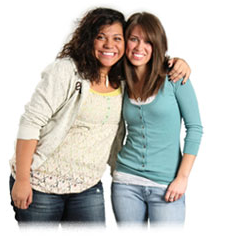Cody Gotchall, currently studying at Oregon’s Linn-Benton Community College, has already established a considerable history of volunteer activity throughout the city of Corvallis, Oregon. In addition to his current work at United First Methodist Church, Cody Gotchall has previously helped to provide food for those in need at St. Mary’s Stone Soup kitchen, worked with children exploring robotics through the FIRST LEGO League, and provided care for animals at both the Safe Haven Humane Society and the Heartland Humane Society.
The Safe Haven Humane Society (www.safehavenhumane.org) is a privately funded “no-kill” shelter in Linn County, Oregon, and committed never to euthanize any animal regardless of the length of its stay. In addition to veterinarian and adoption services, Safe Haven offers support to help new pet owners acclimate themselves to their animal companions, limiting the likelihood of the new owners finding cause to surrender the animal in the future. A few of Safe Haven’s special services include the Friends for Life program, which ensures continued care for a pet should it outlive its owner, and the Pet Therapy and Seniors for Seniors programs, which bring the physical and emotional health benefits of animal companionship to senior adults on either a temporary or permanent basis.
Heartland Humane Society (www.heartlandhumane.org) is an “open admission” shelter of neighboring Benton County, and never refuses an animal brought to it from within the county, regardless of health or other adoptability factors. While this necessitates sometimes euthanizing an animal when space becomes too limited, Heartland is proud to maintain adoption rates of over 90 percent for dogs and nearly 80 percent for cats, far exceeding the national average of under 30 percent. Heartland also works with rescue and veterinarian groups and pet foster homes to ensure that euthanasia is absolutely a last resort. Programs offered by Heartland include the Emergency and Safe Housing Program to shelter animals brought out of homes experiencing domestic abuse, and the Pet Food Pantry to provide free pet food and cat litter for families experiencing financial difficulty.


